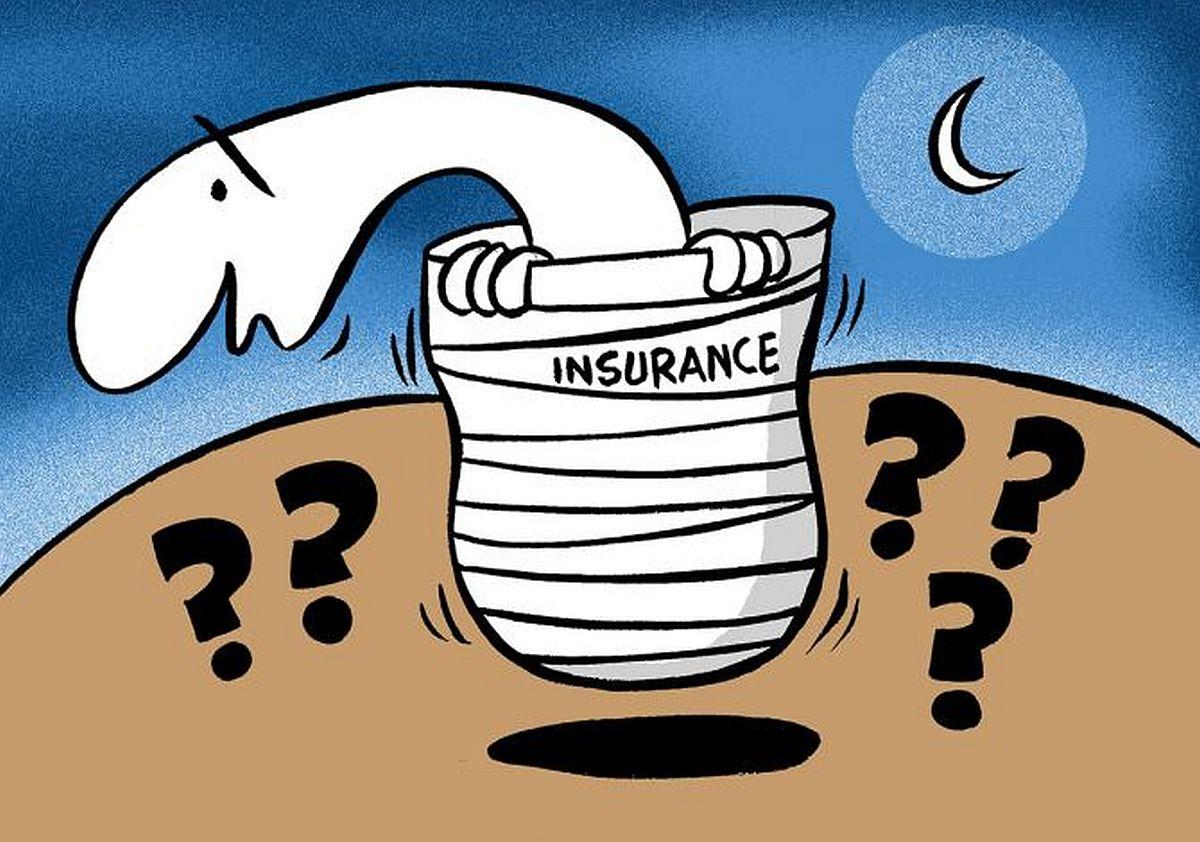08:45

Aathira Varier/Business Standard
In 2023-2024, new business premium (NBP) in life insurances micro-insurance segment, which targets low-income groups, surpassed Rs 10,000 crore (Rs 100 billion) for the first time, according to the financial years annual report by the Insurance Regulatory and Development Authority of India (Irdai).
Overall NBP rose to Rs 10,860.39 crore (Rs 108.60 billion), rising 23.5 per cent from Rs 8,792.8 crore (Rs 87.92 bilion) in FY23.
Individual NBP dropped 23.78 per cent year-on-year (Y-o-Y) to Rs 152.57 crore (Rs 1.52 billion) while group NBP rose 24.61 per cent Y-o-Y to Rs 10,707.82 crore (Rs 107.07 billion).
Private life insurers drove the segment with over Rs 10,708.4 crore (Rs 107.08 billion)while Life Insurance Corporation of India, which is State-owned, accounted for nearly Rs 152 crore (Rs 1.52 billion).
Private insurers collected group premiums worth Rs 10,690.73 crore (Rs 106.90 billion), from 469 schemes, while LIC gathered Rs 17.09 crore (Rs 170.9 million), from 4,993 schemes.
The number of persons covered under the scheme stood at 178.39 million.
The number of micro-insurance agents at the end of FY24 stood at 102,000, of whom 19,166 belonged to public-sector life insurers and the rest to private ones.
Of the micro-insurance agents, non-government organisations form 4.49 per cent, self-help groups 0.25 per cent, microfinance institutions 0.24 per cent, business correspondents 0.12 per cent, and others 94.90 per cent.
Micro insurance offers affordable products to help low-income people cope with financial losses.
The sale of products received a nudge after Irdai introduced regulations on distributing micro insurance in 2005.
In July 2015, Irdai issued micro-insurance norms, in accordance with which the sum assured offered life, pension, or health benefits up to Rs 2 lakh with an annual premium for micro-variable insurance products under the non-linked non-par platform capped at Rs 6,000.
The concept of 'micro-insurance agent' was introduced to attract more intermediaries to the segment and leverage grassroots organisations like cooperatives and self-help groups with a large section of the low-income segment.
